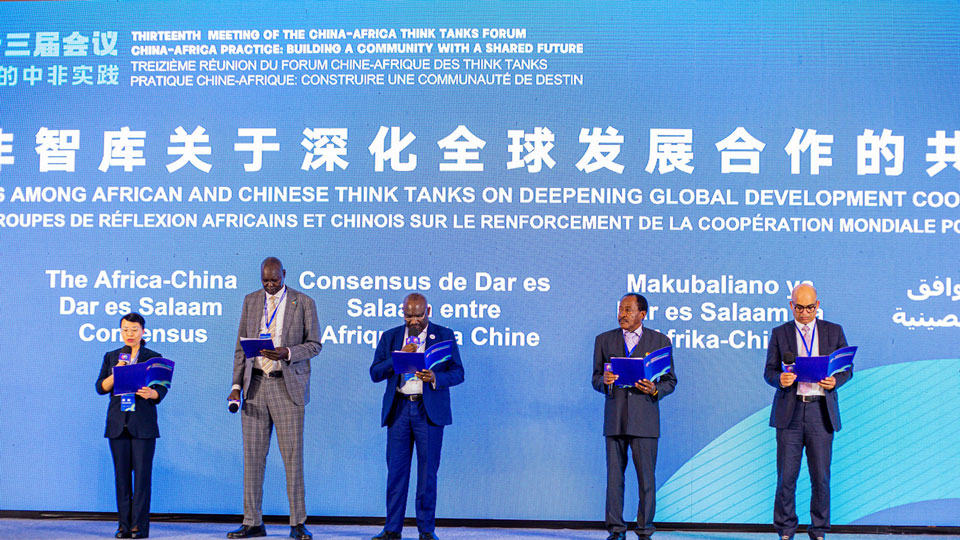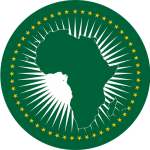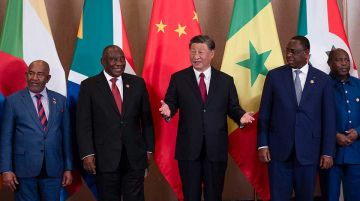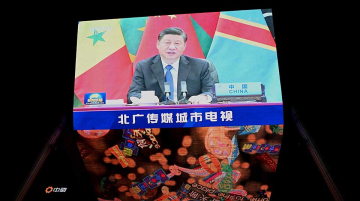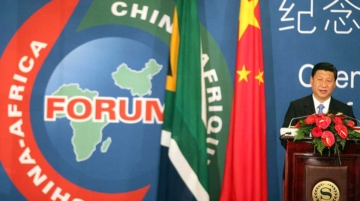The run-up to the triennial Forum on China-Africa Cooperation (FOCAC) is traditionally a moment when new Africa-China rhetoric is road-tested. The regular China-Africa Think Tank Forum is one of those testing grounds, where researchers, many of whom directly advise governments, sit down to articulate the relationship anew.
This year’s (thirteenth) forum, which took place in Tanzania in early March, shows how the Africa-China story is expanding towards a more global narrative — one that positions China as the lodestar for the entire developing world.
